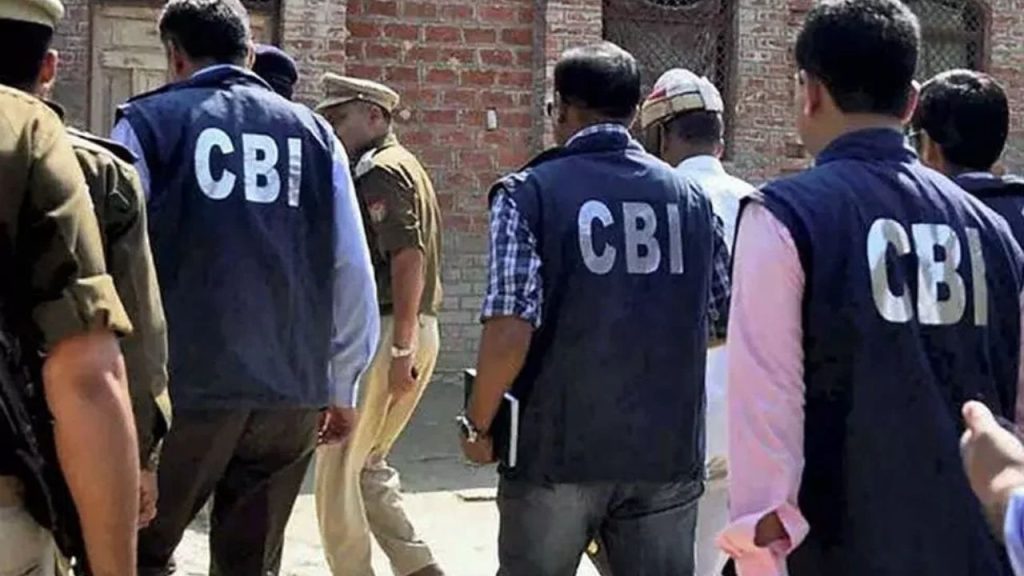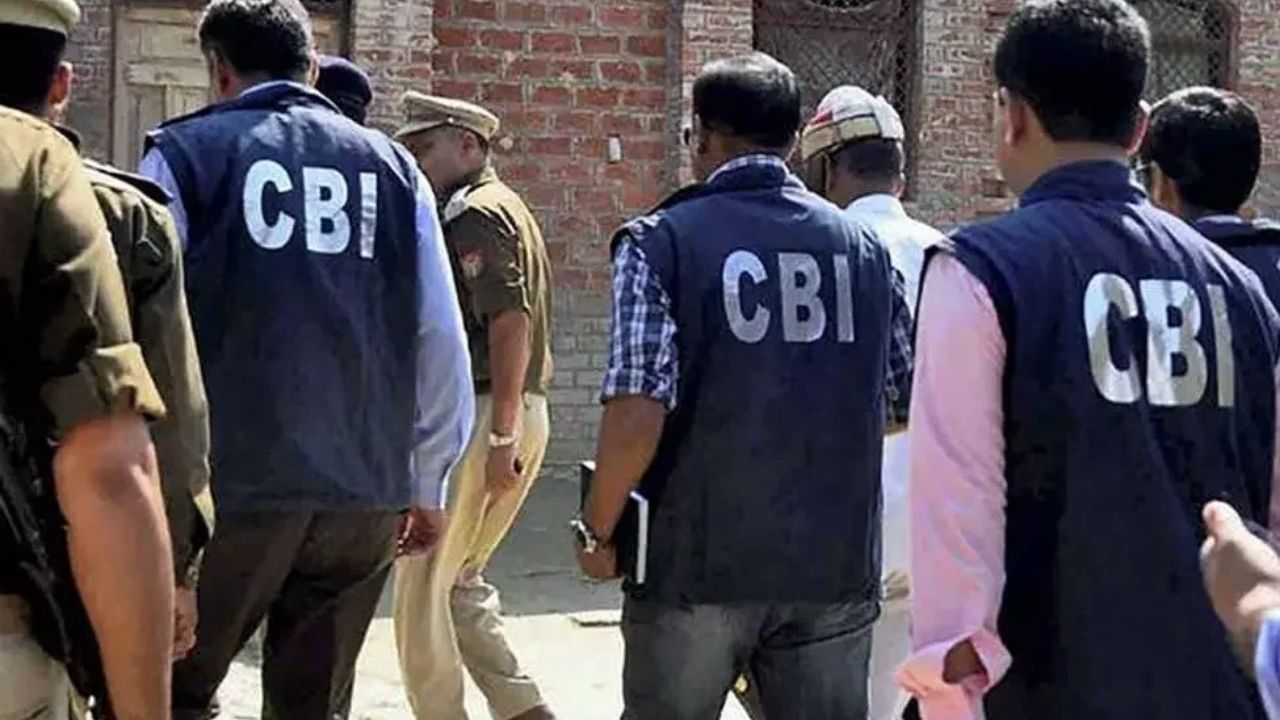In a significant breakthrough for a long-standing financial fraud case, the Central Bureau of Investigation (CBI) has apprehended a fugitive director linked to the Rightmax Chit Fund Scam. The accused, G. Sivakumar, was arrested from Karur in the southern Indian state of Tamil Nadu. The arrest comes after Sivakumar had been evading law enforcement since 2018. This development marks a critical turn in the investigation into the multi-crore fraud that defrauded thousands of investors across several states, including Odisha.

The Fugitive’s Capture and Legal Proceedings
Acting on intelligence and technical surveillance, a CBI team from Bhubaneswar successfully tracked down Sivakumar in Karur. He had been declared a proclaimed offender by a court in 2019, a legal status reserved for individuals who have absconded to avoid a legal summons or arrest warrant. Following his arrest, he was brought before a Special Chief Judicial Magistrate Court in Bhubaneswar, which remanded him to judicial custody until August 18.
Sivakumar’s evasion of justice since 2018 involved frequently changing his location, making it difficult for authorities to trace his whereabouts. The arrest, a result of a coordinated effort, demonstrates the CBI’s sustained focus on resolving high-profile economic offense cases. The Rightmax Chit Fund Scam case has been under investigation by the federal agency since 2014, with the probe encompassing multiple states where the company operated.

clearly to illustrate the operational areas of Rightmax Technotrade International Limited.
Genesis of the Fraud: The Rightmax Technotrade International Limited Case
The investigation centers on a company named Rightmax Technotrade International Limited, headquartered in Bengaluru. The firm, established in April 2010, initially began its operations in Karnataka before expanding into Odisha and Tamil Nadu. According to a statement from the CBI, the company allegedly lured unsuspecting investors with promises of high returns. One particular scheme offered a monthly interest rate of 10% on deposits, a figure far exceeding standard bank rates.
This business model, which relies on new investments to pay off older investors, is a classic characteristic of a Ponzi or money circulation scheme. The modus operandi involved convincing thousands of investors that their capital was being used for legitimate business activities, while in reality, the funds were allegedly being siphoned off.
Regulatory Actions and Investor Impact
The Securities and Exchange Board of India (SEBI), the country’s capital markets regulator, had previously identified the company’s activities as illegal. In February 2015, SEBI issued directives prohibiting Rightmax from collecting public investments, effectively banning the firm’s unapproved financial schemes.
Despite the ban, the company had already accumulated significant funds from investors. While the company allegedly collected crores of rupees from investors in Karnataka and Tamil Nadu, the fraud caused substantial losses in Odisha. Official records indicate that investors in Odisha’s Ganjam and Gajapati districts alone were defrauded of approximately ₹30 lakh. The total amount of the fraud across all affected states is estimated to be much higher. The widespread nature of these schemes, often referred to as illegal financial schemes, highlights a recurring challenge for regulators in protecting small investors.
The CBI’s Broader Mandate in Economic Offenses
The CBI, as India’s premier investigative agency, is responsible for probing complex cases of corruption, economic offenses, and organized crime. The agency took over the investigation into the Rightmax case from state authorities in 2014, following a directive from the Supreme Court. The agency’s role often involves coordinating multi-state investigations and pursuing proclaimed offenders who attempt to hide by crossing jurisdictional boundaries.
The successful arrest of Sivakumar is part of a larger ongoing effort by the CBI to clamp down on a series of such scams that have plagued eastern and southern India for years. These fraudulent schemes often target individuals in rural and semi-urban areas who are enticed by the promise of quick and substantial financial gains.
Odisha Cyber Attack: QR Code Scam Targets CSC Operators, Rs 5 Lakh Lost.
Odisha Empowers Local Bodies with Food Policy Control, Boosts Farmer Support & Tweaks GST.
Crime Branch Uncovers OTET-2025 Question Paper Leak; Six Arrested in Odisha
Looking Forward: Awaiting Further Investigation
The arrest of a key director is expected to provide new leads and critical information regarding the internal workings of the company, the handling of investor funds, and the potential involvement of other individuals. The CBI’s investigation will now likely focus on a deeper interrogation of Sivakumar to uncover the full extent of the fraud and recover assets to compensate the thousands of defrauded investors.
The legal proceedings are ongoing, and the remand order from the court provides the investigative team with the necessary time to conduct a thorough inquiry. The outcome of the investigation and the subsequent trial will be closely watched by investors who have been waiting for justice for nearly a decade.





